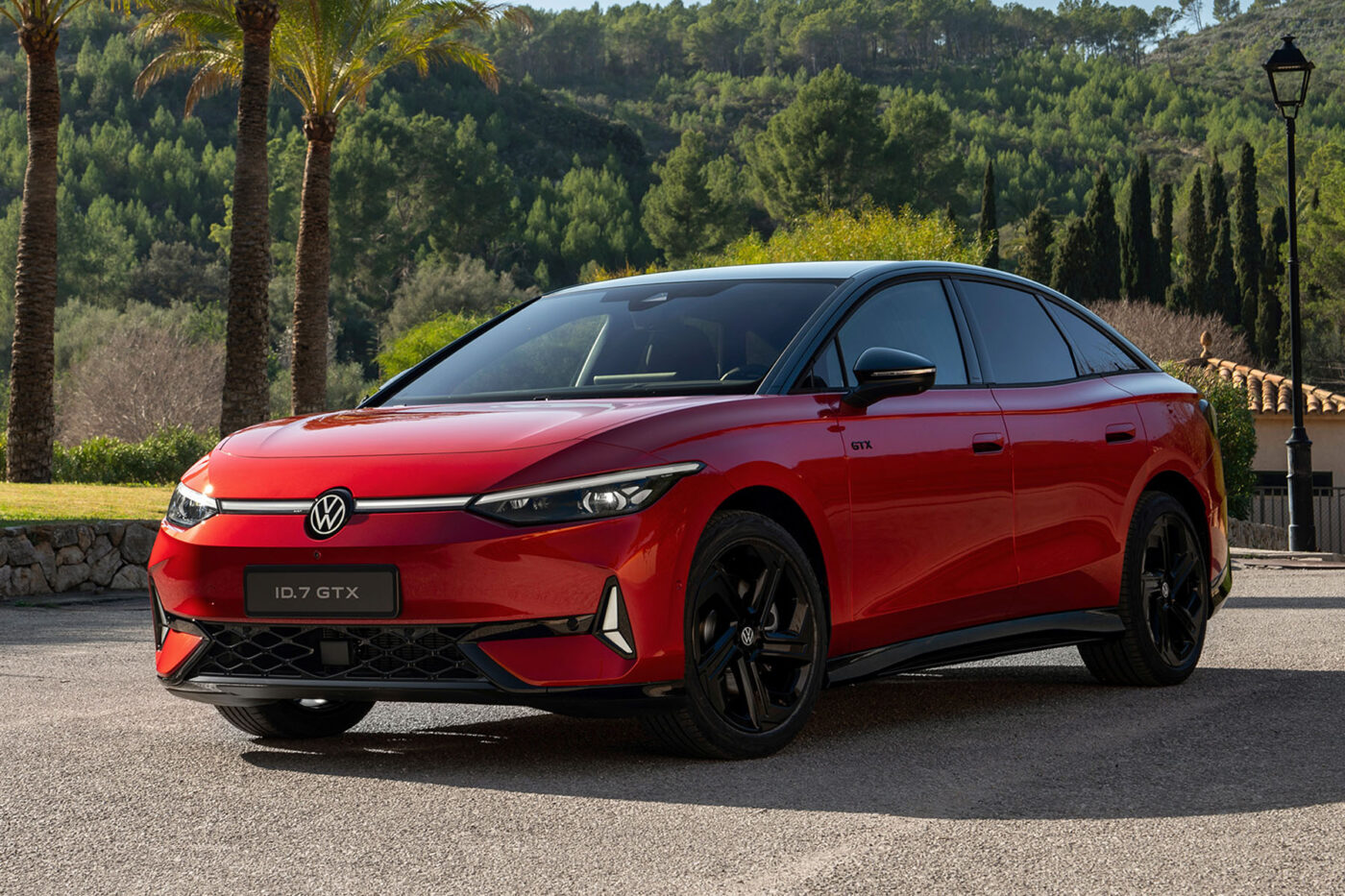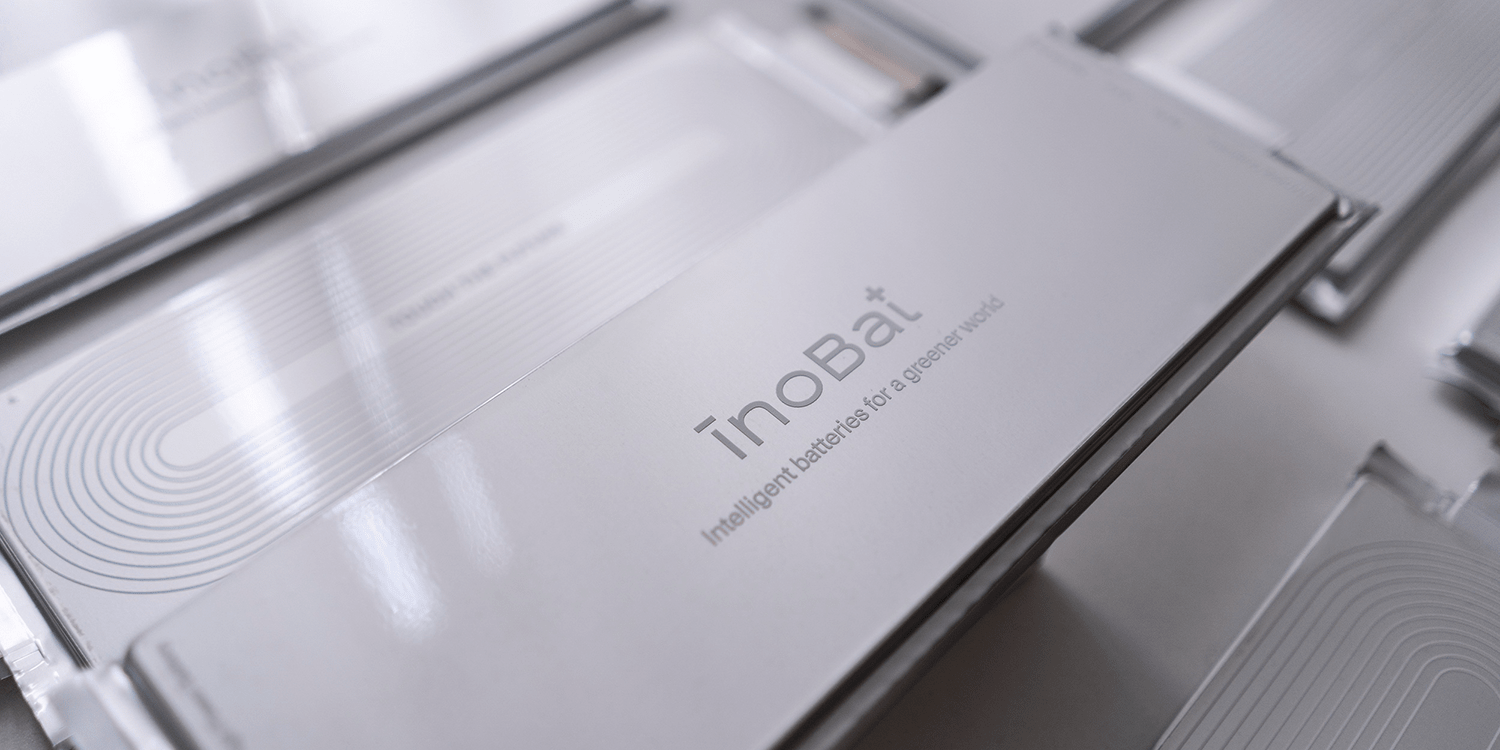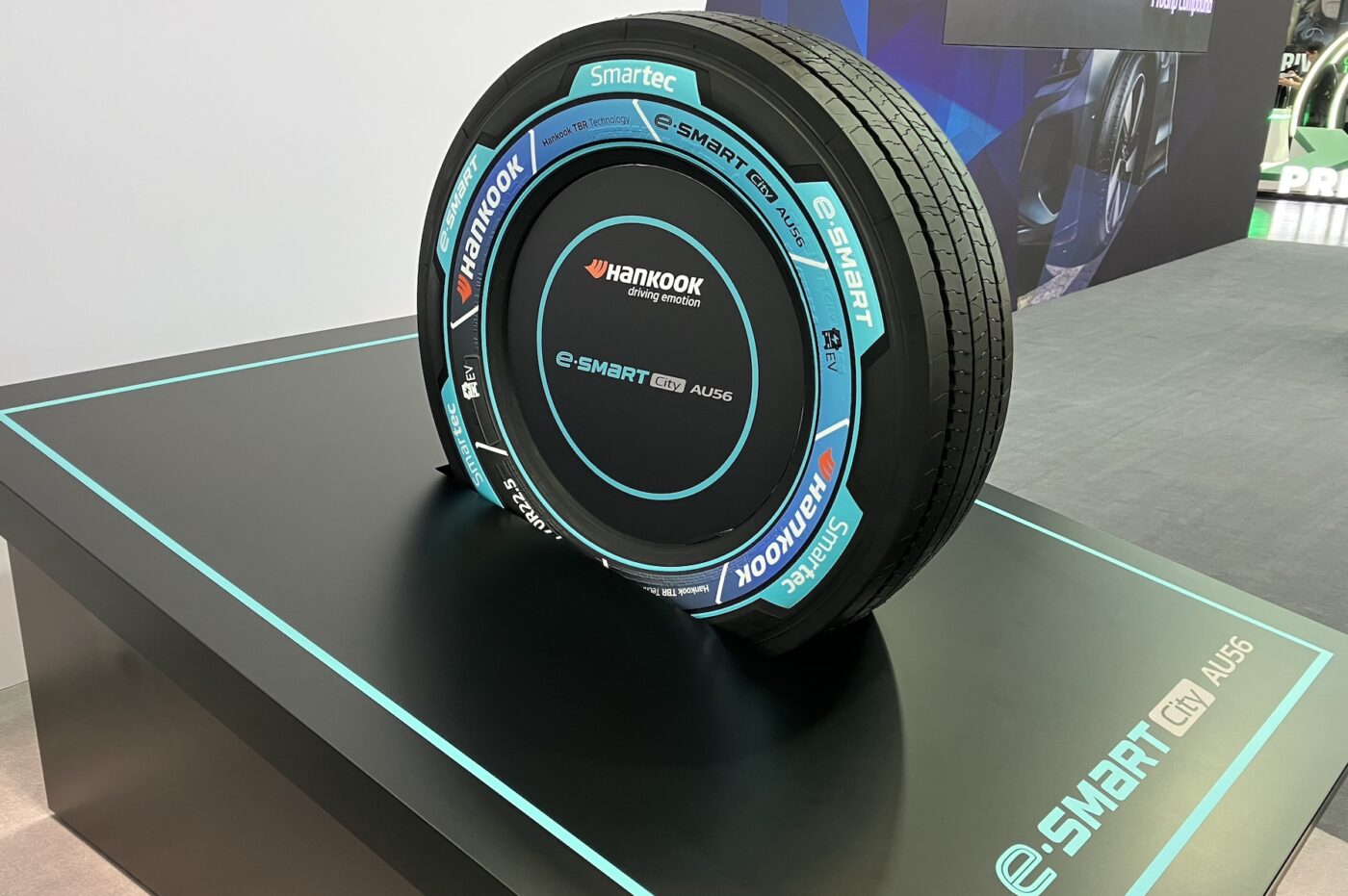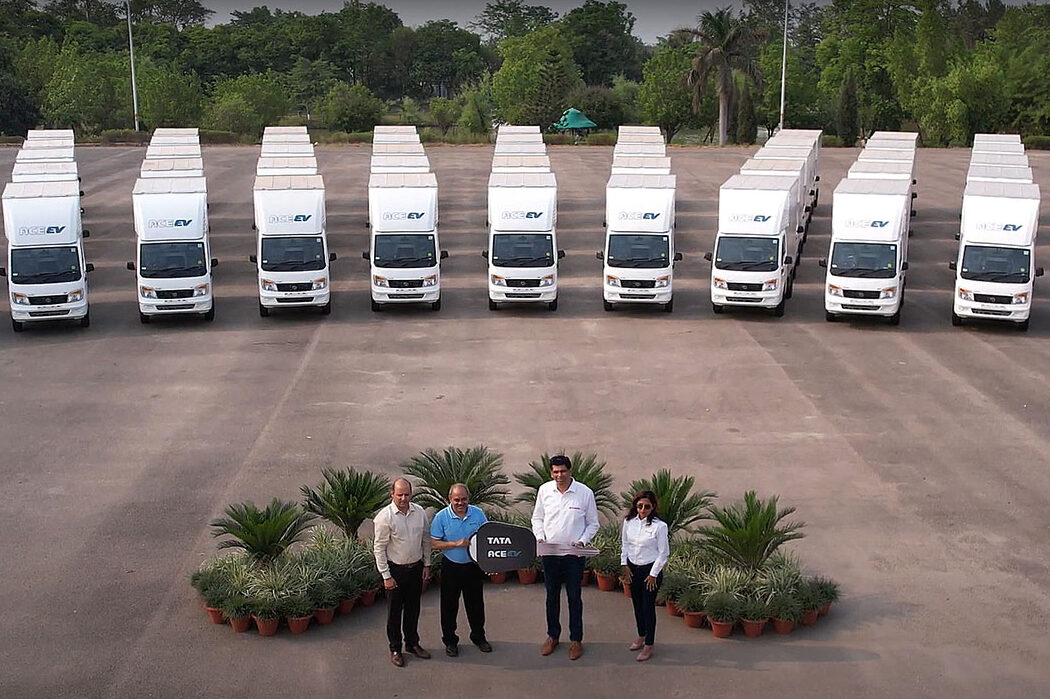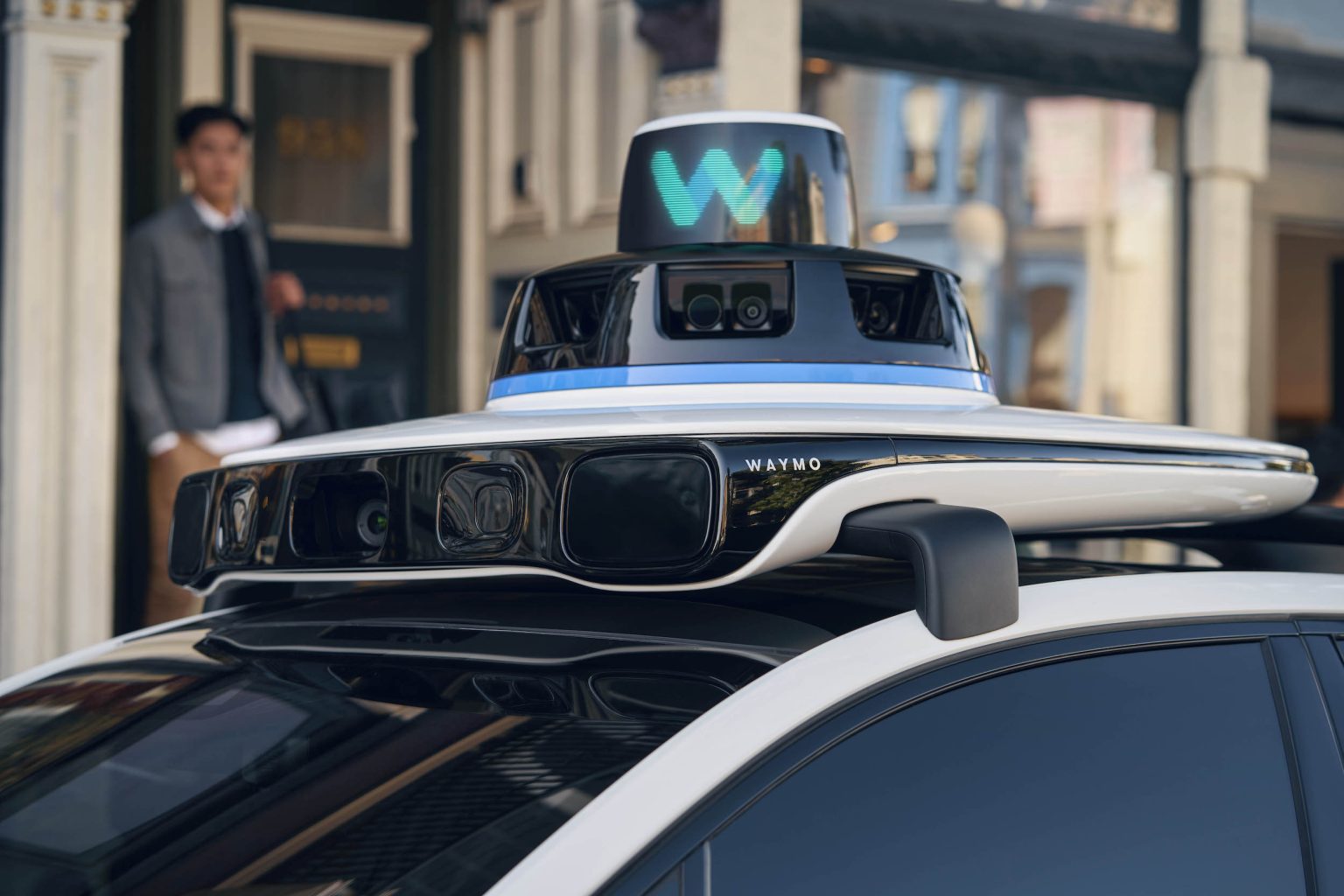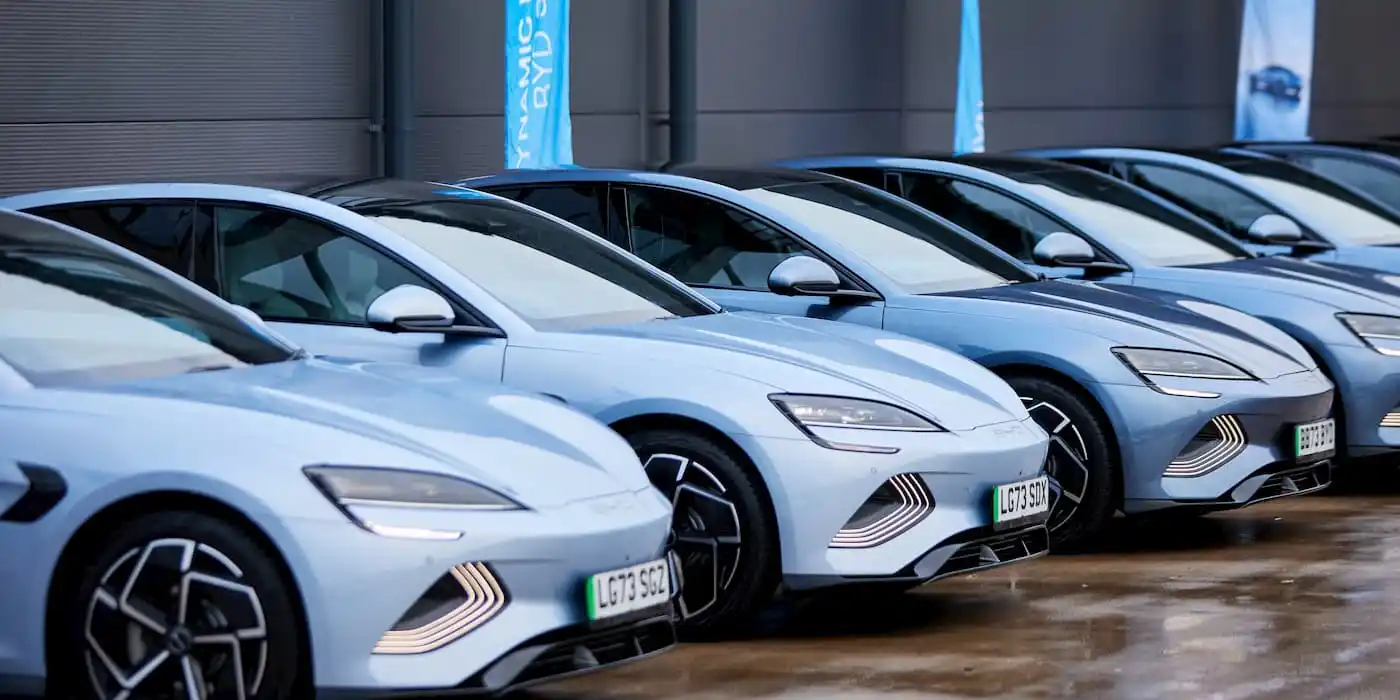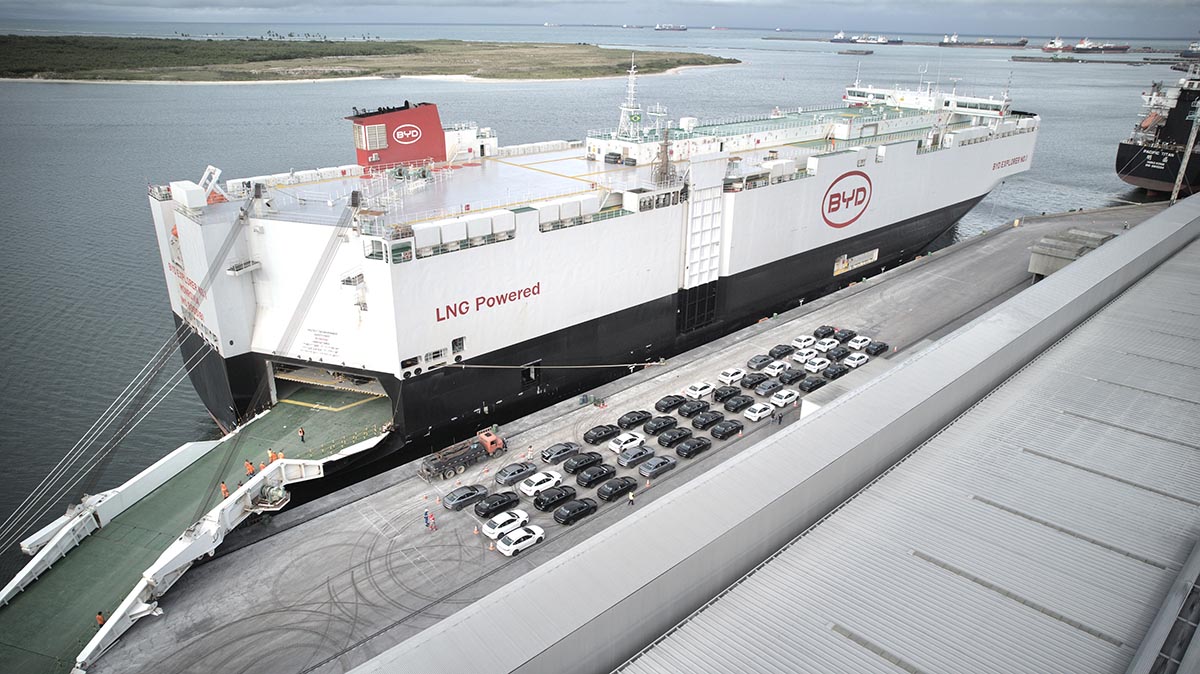The Volkswagen Group has officially confirmed plans to invest 180 billion euros by 2028, with a significant portion allocated to the development of new electric models and digital services. According to CFO Arno Antlitz, two-thirds of this sum will be dedicated to electrification and digitalization, while the remaining third—approximately 60 billion euros—will be used to further enhance combustion engine technology.
Antlitz emphasized the company’s commitment to maintaining the competitiveness of its combustion vehicles, stating, “The future is electric, but the past is not over. It is a third and it will stay a third.” This investment strategy underscores Volkswagen’s dual focus on both electric and traditional powertrains.

One of the key projects included in this investment plan is the development of the new Scalable Systems Platform (SSP), which will serve as the foundation for numerous electric vehicles across the Group’s brands. The SSP is expected to replace the current MEB platform for compact and mid-size vehicles, as well as the PPE platform for premium models. The platform’s debut is slated for 2028, with potential models such as the VW Trinity and the ninth generation of the VW Golf being mentioned as candidates.
Notably, the article does not mention the impact of the failed talks between Volkswagen and Renault regarding cooperation on small electric cars. The two companies had explored the possibility of jointly developing and producing affordable electric vehicles, but the collaboration was ultimately canceled. Volkswagen confirmed that it would proceed with developing the vehicle independently, though specific cost implications remain undisclosed.
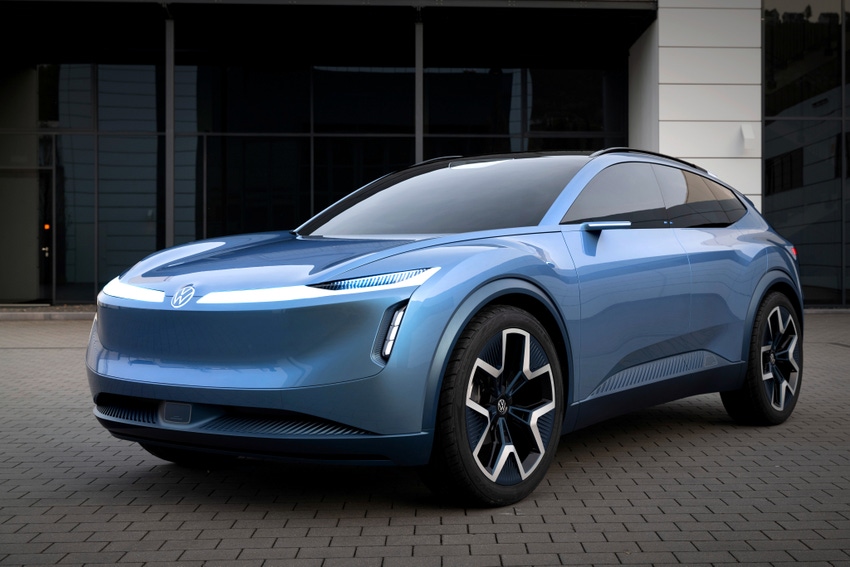
Volkswagen also acknowledged the need to bolster its plug-in hybrid lineup to compensate for a decline in battery electric vehicle (BEV) sales. The Group’s electric sales dropped by three percent in the first quarter, particularly in Europe. In response, Volkswagen has adjusted its strategy in China, investing in a new development center and forming partnerships, such as the one with Xpeng, to strengthen its position in the market.
Despite these challenges, Volkswagen’s battery subsidiary, PowerCo, remains committed to starting production in 2025. However, Antlitz noted that ramping up battery factories to full capacity could take longer than initially anticipated. The original plan was for PowerCo to supply battery cells for approximately three million electric vehicles by 2030, with electric vehicles projected to constitute 70% of Group sales by that time.

